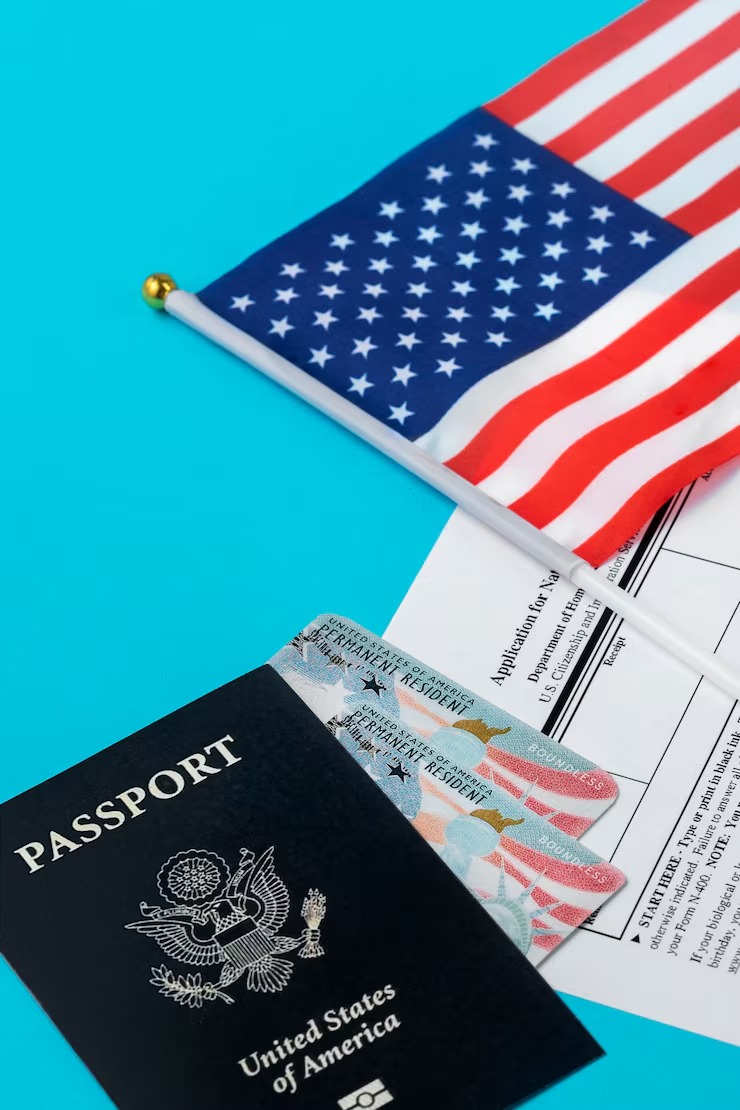Why Exemptions Matter
Exemptions are usually more advantageous than tax credits for expats living abroad, especially in countries with minimal or no income tax at all! In such cases, exemptions allow people to exclude a notable portion of their earnings from US taxation. As a US citizen looking for ‘American citizen tax living abroad’, you should work with professional accountants who can help you meet compliance while reducing chances of unnecessary tax liabilities. If applied right, these can even bring your taxable income to zero.
Tax Credits For US Expats
Exemptions remove portions of your income from taxation, but tax credits can take this a step further, and bring down the amount of tax you owe. This is a big relief, especially for US expats who have already paid taxes in their country of residence. So, by claiming the credit, you too can prevent double taxation and save more of your income.
Foreign Tax Credit ot FTC
If you pay taxes to a foreign government, the Foreign Tax Credit gives you a dollar-for-dollar credit for taxes you paid. It is claimed using Form 1116 and can be applied to income that is not excluded under the FEIE. The FTC is particularly useful for those living in high-tax countries, and is a great way of saving more during US expat tax filing.
The best part about these credits is that you can carry forward unused credits for up to ten years. This flexibility ensures that no foreign tax payments go to waste, even if your income keeps fluctuating from time to time.
CTC or Child Tax Credit
In 2025, the Child Tax Credit offers additional relief of up to $1,600 per child for families living abroad. To qualify, your child must have a valid Social Security number and your income must meet IRS thresholds.
But it is important to note that claiming the FEIE can reduce or eliminate eligibility for the CTC. It is because the excluded income does not count toward taxable income. Many families instead combine the Foreign Tax Credit with the CTC for a more balanced result.
Why Credits Are Essential
When it comes to filing USA expat taxes, tax credits ensure that the same income is not taxed twice. They work especially well for expats paying substantial foreign taxes. You can often bring your total US tax liability to zero, without forfeiting important credits like the CTC by coordinating with a professional tax advisor and using the FEIE and FTC strategically.
Tax Deductions for US Expats
While exemptions exclude a part of the income from taxation, credits directly reduce the amount of tax you owe to the US government. On the other hand, deductions lower the portion of your income that is taxable. These usually arise from expenses or contributions made during a tax year, such as mortgage interest, retirement contributions, or even charitable donations.
Itemized Deductions
Expats filing USA expat taxes are allowed to claim the standard deduction even when living abroad. For 2025, the amounts are $15,000 for single filers, $30,000 for joint filers, and $22,500 for heads of household.
You can choose to itemize deductions if your qualifying expenses exceed these amounts. You don’t need to cover areas like mortgage interest and charitable donations, also state or local taxes.
Self-Employment and Business Deductions
If you’re a self-employed expat, freelancer, or remote contractor, you can actually claim different types of legitimate business deductions. However, such expenses should either be related to your work, health insurance premiums, and/or contributions to retirement plans such as the SEP IRA or Solo 401(k).
That said, in spite of working abroad, you may still owe US self-employment tax. Luckily, if your country has a Totalization Agreement with the United States, it will help you avoid paying Social Security taxes twice. This is why we recommend reaching out to reliable tax advisory services for expat tax filing.
Education and Loan Deductions
Are you paying off a student loan or investing in continuing education to further your career? You should be happy to know that these too qualify for valuable deductions. You can deduct up to $2,500 in student loan interest each year, thus lowering the overall taxable income. This is particularly helpful for American expats who want to maintain their US qualifications or seek professional growth while living abroad.
Thus, we’d recommend keeping accurate records of your educational expenses. All this will eventually help in US expat tax filing and leveraging important tax benefits.
Foreign Housing Deduction for Self-Employed Expats
As you might have guessed already, if you are self-employed and living overseas, you may qualify for the Foreign Housing Deduction. It allows you to deduct certain housing expenses, like utilities, rent, and even maintenance costs. This works much akin to the Foreign Housing Exclusion that’s available for employees, but is specifically meant for contractors, freelancers, and business owners.
Key Takeaway
Living abroad opens doors to new experiences and professional opportunities. But it also means that you will need to continue to meet your US tax obligations. The good news is that understanding and applying the right tax exemptions, credits, and deductions, can bring down or even eliminate your tax burden while keeping you compliant.
These provisions exist to ensure fairness for Americans earning abroad. With proper guidance from a qualified US tax advisor, tax filing becomes less about complex paperwork and more about protecting the financial rewards of your international life.
Contact Us

